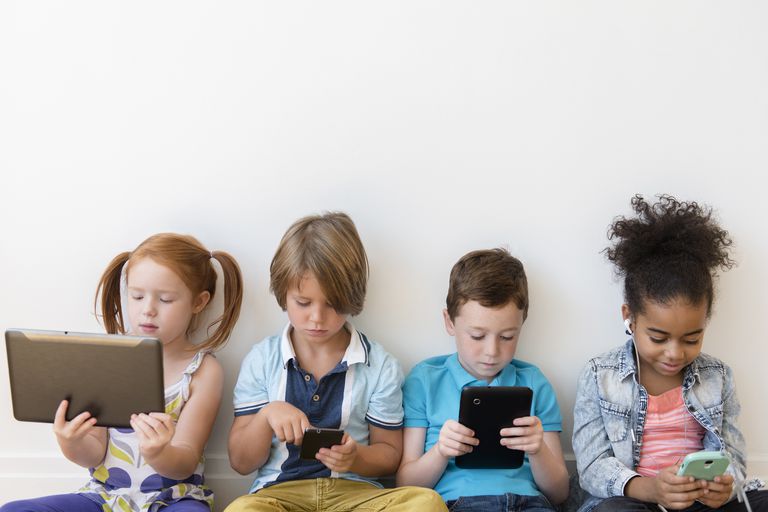
Imagine you’re out at a restaurant with your family. You probably just got home from work. Or, you probably just finished all the possible housework. While you’re downright exhausted and would rather sleep for the next 12 hours, there’s still your child who’s jumping around and talking as if the Energizer Bunny gave him a truck ton of candy. There are probably three things running through your head right now:
- Do I really have to put up with this now?
- Ughhh, Lord, please grant me patience for if You grant me strength, I will kill a person.
- I’m so tired that I just want to sleep!
- I don’t want to talk to them right now.
The worst part is – good nannies or yayas are quite rare. There are enough horror clips on Facebook that shows yayas abusing their charge. Then, there are also horror stories from your friends about how the yaya they hired either: a) stole money, b) wore your clothes, c) scratched your cars, d) got pregnant by the neighbor’s driver or houseboy, e) other reasons or f) all of the above.
So, what do you do?
You give them the one thing that will keep them so occupied without the risk of any of the aforementioned horrors.
A tablet.
Tablets: A mommy’s substitute for a Nanny/Yaya?

Tablets originally served as a device that allowed people to read on the go. It started out as a gadget that helped you organize your schedule without having you to drag a thick binder full of events. But like every trend, it evolves. Soon, there’s a tablet that can play videos. Then, there are tablets that can send out emails and messages. Then, there’s a tablet that can play games. Then, there’s the tablet that can do all the mentioned features.
While exposing your child to tablets for short periods of time is not that detrimental, it can be when you become too reliant on it. Yes, tablets do keep your children occupied. But constantly having a screen to interact with them does nothing for their social interaction skills. The interaction on screen is a scripted program by writers and programmers that will have the same reaction no matter what happens and will not go beyond their code. This is what will interfere with the development of their social interaction skills. Without exposure to a variety of social interactions, they are limited to a single one.
But we’re not expecting parents to talk to their kids all the time. It’s hard; there’s work to be done and there are just times that you know your patience will run thin when you speak with them. It’ll then result in something more explosive which will be more traumatic for your child. Then, it may cause problems in the long run such as children restraining themselves from speaking to you. For younger children, it’ll discourage them from speaking at all.
Striking a balance between digital and actual
Like everything, there has to be a balance. The same goes for exposure to gadgets and for the actual world. While some studies had said that the best thing to do is to lessen screen time – if not remove it completely, it may not be good either. It may leave your child technologically-challenged which will cause them to lag behind school work. But leaving them completely at the mercy of the screen may render them neurotic due to their inability to handle certain social situations that are not scripted unlike on the screen.
There are also ways to make the screen productive. Use it as a visual aid when explaining something to them. Or even using it as a book that way it’ll be a productive tool instead of the stigmatized tool that most studies make it out to be.
